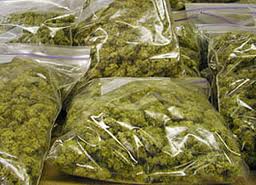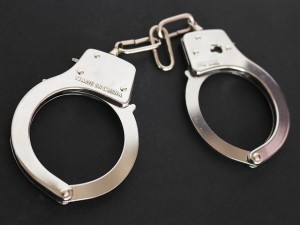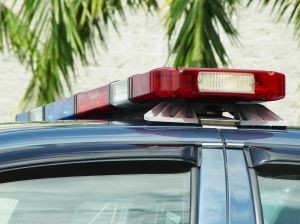 The week Goucher College released the results of several polls including those related to concerns over the state government’s handling of COVID-19 and the general attitude toward the vaccine. The Towson based liberal arts college also conducted a poll on the attitude toward marijuana legalization, and the results may come as a surprise to some. Support for the legalization of recreational marijuana is as high as ever in Maryland, with two-thirds of the state population saying the time is now to make pot legal. This is by far the highest level of support that legalized recreation marijuana has seen since polling on the issue began in 2013. For comparison, two years ago support for legalization was roughly ten percent lower at 57 percent. A closer look into the polling data reveals that even republicans are starting to come around to the idea of legalizing marijuana. For the first time ever more than half of Maryland republicans are onboard with legalization. While the number sits right at 50 percent in favor, only 47 percent of republicans oppose legal pot. More than three quarters of democrats support legalization and only 18 percent are opposed. The poll was released smack dab in the middle of multiple legalization bills being debated by lawmakers in Annapolis, and may swing some voters who are undecided.
The week Goucher College released the results of several polls including those related to concerns over the state government’s handling of COVID-19 and the general attitude toward the vaccine. The Towson based liberal arts college also conducted a poll on the attitude toward marijuana legalization, and the results may come as a surprise to some. Support for the legalization of recreational marijuana is as high as ever in Maryland, with two-thirds of the state population saying the time is now to make pot legal. This is by far the highest level of support that legalized recreation marijuana has seen since polling on the issue began in 2013. For comparison, two years ago support for legalization was roughly ten percent lower at 57 percent. A closer look into the polling data reveals that even republicans are starting to come around to the idea of legalizing marijuana. For the first time ever more than half of Maryland republicans are onboard with legalization. While the number sits right at 50 percent in favor, only 47 percent of republicans oppose legal pot. More than three quarters of democrats support legalization and only 18 percent are opposed. The poll was released smack dab in the middle of multiple legalization bills being debated by lawmakers in Annapolis, and may swing some voters who are undecided.
In addition to the polling data lawmakers should take into consideration that neighboring Virginia recently passed a bill to legalize marijuana (though the current law will not be in effect until 2024), and the Governor of New Jersey just signed a law legalizing recreational marijuana use after it easily passed in a November vote. The current legalization proposals in Maryland would end civil and criminal prosecution of personal use marijuana possession. Possession of less than 10 grams of marijuana is still illegal, but many times individuals arrested for other offenses are not even charged with civil marijuana violations. Possession of more than 10 grams of marijuana is still punishable by up to 6 months in jail, which is absurd considering the overall climate in the state and the country as a whole. Regardless of whether marijuana is legalized this year, a 6-month penalty for simple possession has to be addressed.
As of now the two main provisions of the marijuana legalization bills currently up for debate are changing the definition of personal use to 4 ounces or less, and allowing for the limited growing of personal use marijuana plants. If the bill passes as currently written there would be a drastic reduction of criminal marijuana possession charges. Presumably a person could be charged with possession for having more than 4 ounces, but many of these defendants would likely be charged with possession with intent to distribute if the amount was considerably more. At least in the beginning stages of legalization it would be hard to imagine a Maryland police officer charging a person with possession if he or she is found with a half-pound or more. One solution to this issue would be to completely do away with the crime of possession of marijuana, and modify the PWID law to require clear and convincing evidence of the intent to distribute. As criminal defense lawyers, we are too used to the police assuming that anyone in possession of more than a small baggie is a dealer. This is a completely unjust practice, and while we have successfully argued for the dismissal of numerous possession with intent to distribute cases, these clients never should have been arrested in the first place. Hopefully state lawmakers and prosecutors will send a firm message that they do not intend for anyone to be arrested for a marijuana related charge unless it is clear they are unlawfully dealing.
 Criminal Defense Lawyer Blog
Criminal Defense Lawyer Blog










